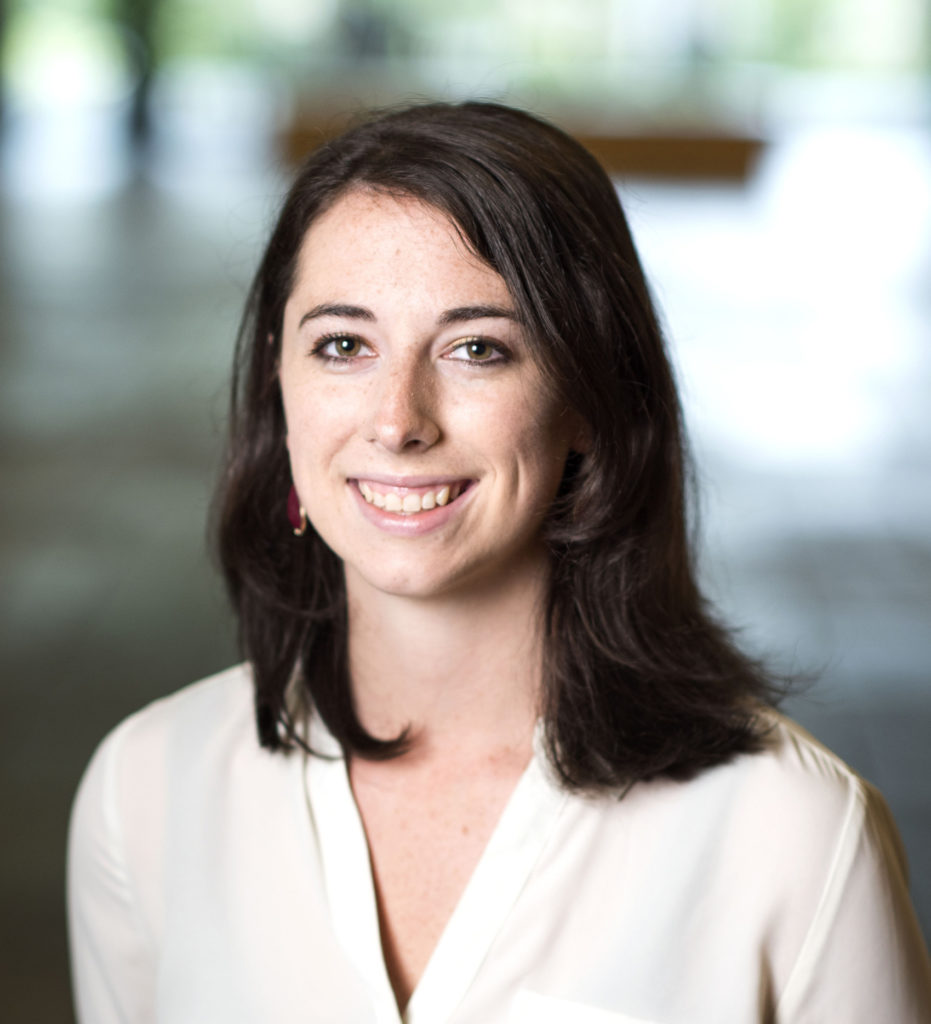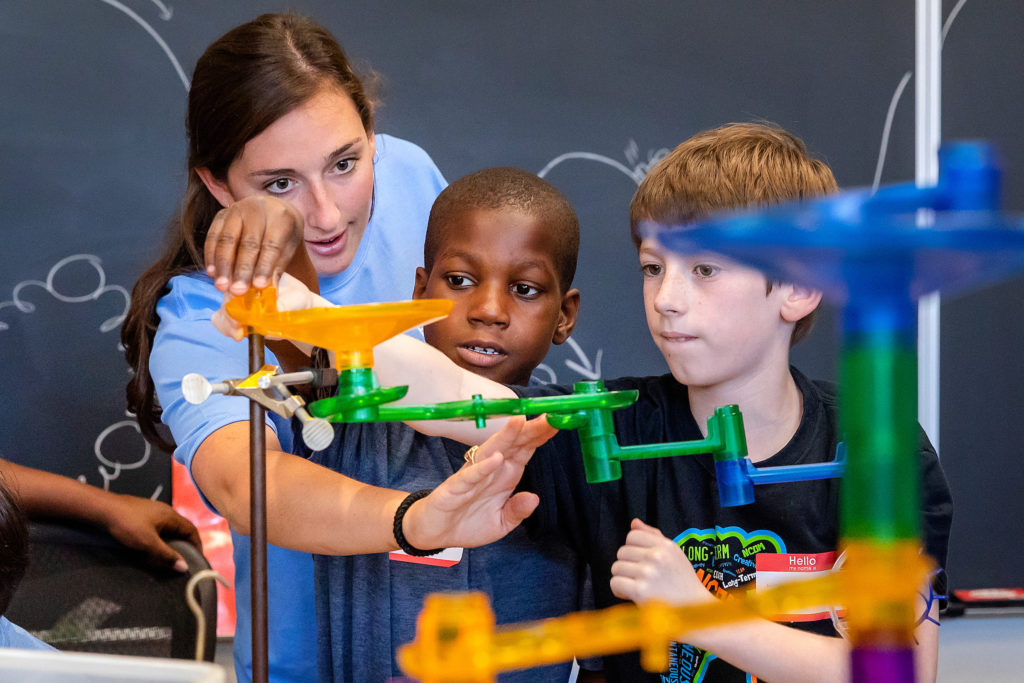
Elijah Gaddis grew up in Cabarrus County, in the “heart of textile country,” not knowing much about the history of the place he calls home. During his time at Carolina, he has made it his mission to illuminate the state’s history in new ways, through public-facing digital scholarship in partnership with local communities.
“The thing that animates my research and teaching is this desire to be responsive and to do work rooted in those places,” he said.
Gaddis will be among the first two recipients of the Ph.D. in American studies in the College of Arts & Sciences, after also receiving his master’s degree in folklore from UNC. (He earned an undergraduate degree from NC State.) “I’m the first in my family to go to college, and I just continued all the way through and didn’t stop,” he said, laughing. (The Carolina doctoral hooding ceremony will be held on May 13.)
Gaddis spent three years working on Digital Loray, the largest public humanities project in the university’s history, which animates the complex history of the Loray/Firestone Mill and surrounding mill village in Gastonia — from its opening as a textile mill in 1902 to its renovation as a mixed-use development in 2015.
“Elijah took the lead in developing the online digital portal for the project, which provides users with more than 2,000 digital objects (photographs, maps and other materials),” said Robert Allen, James Logan Godfrey Distinguished Professor of American Studies. “He has contributed to every aspect of this project and at every level — from strategy and design to implementation and evaluation.”
In July 2016, Allen, Gaddis and Seth Kotch, assistant professor of digital humanities, founded the Community Histories Workshop, which will build and test innovative models for community-engaged digital public history projects. The workshop is supported by UNC’s Digital Innovation Lab.
Gaddis has been working on two new projects. The Rocky Mount Mills Project will bring to life the history of the second oldest cotton mill in the state (founded in 1818), which is being developed by Capitol Broadcasting Company as a mixed-use site with residential, commercial and recreational spaces. Gaddis has been collaborating with other graduate and

undergraduate students to document the story of the mill through oral history interviews and the curation of thousands of items into an online archive. A “history harvest” was held in March to encourage local people to share their memories, stories, photographs and more.
“The mill in some way sort of indexes every piece of North Carolina history, because you’ve got agriculture and industry and this struggle for equality in a place like Rocky Mount Mills, which relied on slave labor for many years,” he said. “I’m hopeful that a new generation of students will better learn about that heritage and what it still means to the state.”
Kotch, Gaddis and about 75 undergraduates have begun to document and map lynchings in the state of North Carolina through The Red Record. A June 12-13 “Lynching in the American South” workshop will bring people together to learn and work with a variety of digital tools with the goal of contributing to the site but also expanding The Red Record beyond North Carolina.
The Graduate School recently recognized Gaddis with an Impact Award, honoring the research contributions he has made to North Carolina.
“Elijah acts on the principle that history and culture serve people, bringing communities together around public memory and building better, richly informed futures,” said Bernie Herman, George B. Tindall Distinguished Professor of Southern Studies and Gaddis’ dissertation adviser. “He exemplifies our commitment of humanities for the public good and reminds us all of Carolina’s enduring commitment to be the ‘people’s university.’”
This summer, Gaddis will move on to a new post as an assistant professor at Auburn University, where he will teach digital and public history.
“In a lot of ways, I’ll be continuing the work that I’ve started here,” he said. “There’s a lot of textile heritage in Alabama and so much important African-American history. I’m eager to delve into that.”
By Kim Spurr, College of Arts & Sciences


